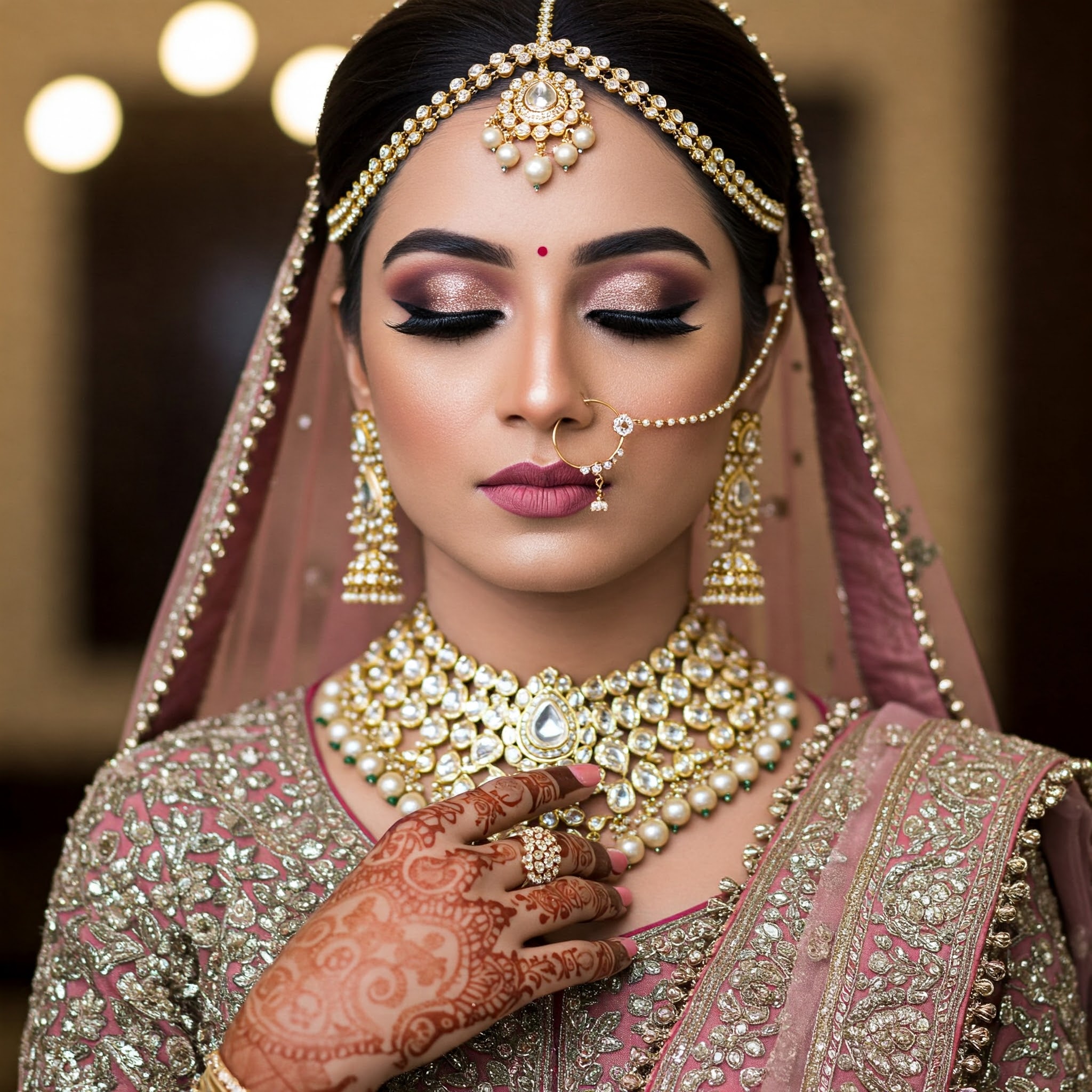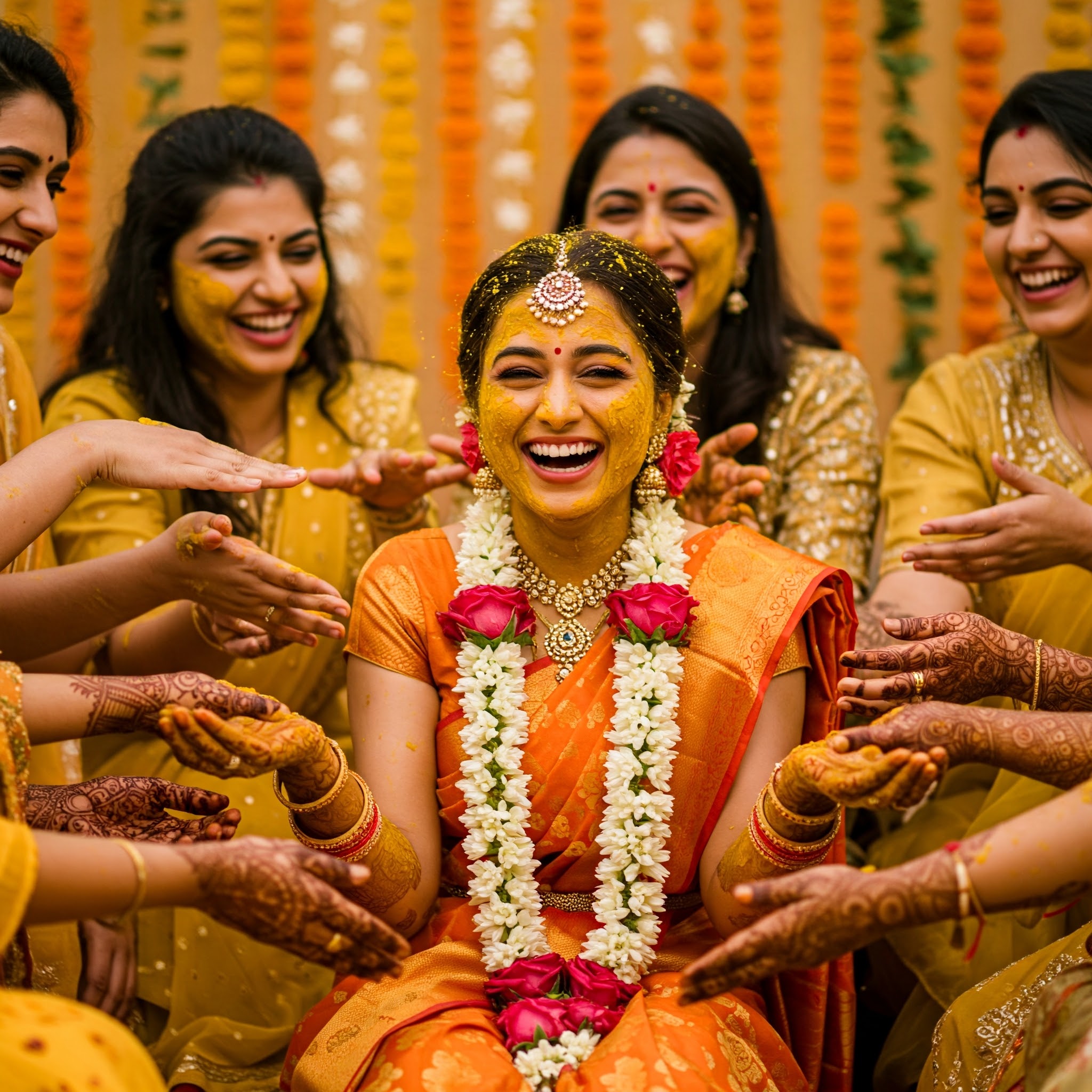
Top Indian Christian Communities and Their Matrimony Traditions
16-Jun-2025 digi shaadi
Christianity in India is a vibrant mosaic of communities, each with distinct matrimonial customs and deeply rooted traditions. From the sacred coastal churches of Kerala to the hilltop chapels in Nagaland, Indian Christians reflect a beautiful blend of faith, culture, and regional heritage. This blog explores how different Christian communities in India—Roman Catholics, Protestants, Orthodox, and Syrian Christians—celebrate matrimony and approach matchmaking in today’s evolving digital landscape.
Introduction: Diversity in Christian Matrimony
India is home to over 28 million Christians (Census 2011), representing nearly 2.3% of the population. Concentrated in states like Kerala, Goa, Tamil Nadu, Karnataka, Nagaland, and Meghalaya, Christian communities uphold unique matrimonial rituals. While united by faith in Christ, their wedding ceremonies and matchmaking norms vary significantly based on denomination, geography, and ancestral customs.
“Our wedding in Kottayam wasn’t just a ritual—it was a spiritual experience, with centuries-old prayers and symbols that tied us not just to each other, but to generations of faith,” says Maria Varghese, a Syrian Christian bride from Kerala.
Understanding these differences is crucial—not only for Indian Christians seeking a life partner but also for interfaith couples navigating Indian Christian traditions. Let’s explore the major communities and their unique approach to matrimony.
1. Roman Catholics: Tradition Meets Elegance
Geographic Presence:
Kerala, Goa, Tamil Nadu, Maharashtra, and Northeast India
Matchmaking Practices:
-
Traditionally arranged by parents through parish networks
-
Growing use of Christian matrimony platforms like DigiShaadi
-
Emphasis on caste (especially in Tamil Nadu and Goa) and family background
Wedding Rituals:
-
Solemnized in a church with a full Catholic Mass
-
Exchange of vows and rings before a priest
-
Brides wear white gowns, grooms in suits or tuxedos
-
The Nuptial Blessing is the central spiritual moment
-
Post-wedding celebrations include music, dance, and formal receptions
Modern Influence:
-
Urban Catholic families now accept love-cum-arranged marriages
-
Inter-caste and inter-denominational unions are on the rise
2. Protestant Christians: Simple and Scripture-Led
Denominations:
Baptist, Methodist, Anglican, Lutheran, Presbyterian, Pentecostal
Geographic Presence:
Tamil Nadu, Andhra Pradesh, Karnataka, Northeast India
Matchmaking Practices:
-
Matches proposed via church networks and family referrals
-
Emphasis on shared values, spiritual maturity, and personal compatibility
-
Increasing reliance on faith-aligned matrimonial platforms
Wedding Rituals:
-
Simpler ceremonies centered around Bible readings, vows, hymns, and sermons
-
Brides wear white dresses; grooms wear formal suits
-
No sacraments, but rich in scripture and spiritual preparation
-
Pre-marital counseling is often a must
Cultural Notes:
-
Less focus on pomp, more on scripture
-
Community prayer and family bonding are central
3. Syrian Christians: Ancient Traditions Preserved
Community Background:
Descendants of Apostle Thomas’ mission in India (52 AD)
Denominations:
Syro-Malabar Catholic, Syro-Malankara Catholic, Mar Thoma, Jacobite, Orthodox Syrian
Geographic Presence:
Predominantly Kerala
Matchmaking Practices:
-
Family and church-driven matchmaking
-
Sometimes involves horoscope matching alongside prayer
-
Sub-groups like Knanaya Christians often marry within their community
Wedding Rituals:
-
Ceremonies in Malayalam, often in ancestral churches
-
Minnu (cross on thread) tied by groom replaces the mangalsutra.
-
Manthrakodi (wedding sari) is gifted by the groom
-
Blend of Christian and pre-Christian symbolism
Cultural Notes:
-
The timing of wedding may follow Hindu astrological customs
-
Strong community involvement and acceptance is vital
4. Orthodox Christians: Rooted in Ritual and Heritage
Denominations:
Indian Orthodox (Malankara Orthodox Syrian Church), Jacobite Syrian Church
Geographic Presence:
Kerala, with strong diaspora in Gulf countries, USA, and Australia
Matchmaking Practices:
-
Arranged through family and community channels
-
Orthodox Christians prefer matches within their own denomination
-
Online platforms like DigiShaadi are now gaining trust among NRIs
Wedding Rituals:
-
Highly symbolic and liturgical, with incense, holy oil, crowns, and candles
-
Conducted by bishops or senior priests
-
Includes blessing, crowning, and spiritual anointing
-
Lasts longer than Catholic or Protestant weddings
Cultural Notes:
-
Deep focus on post-marriage family integration
-
Emphasis on spiritual responsibility within the marriage
5. North-East Indian Christians: Joyful, Communal, and Vibrant
Denominations:
Predominantly Baptist, Presbyterian, and Catholic
Communities:
Nagas, Mizos, Khasis, Garos
Geographic Presence:
Nagaland, Mizoram, Meghalaya, Manipur
Matchmaking Practices:
-
Mostly love marriages within the tribe or church community
-
Approval of tribal elders and family blessings are key
-
Increasing adoption of faith-based matrimony apps
Wedding Rituals:
-
Held in churches, followed by village-wide celebrations
-
Attire may be tribal, Western, or a blend
-
Music, traditional dances, and feasting are central
Cultural Notes:
-
Festivities may continue for days
-
Strong connection to tribal heritage and Christian faith
6. Common Threads Across All Communities
While diverse, most Indian Christian weddings share core values:
-
Church-Centric Ceremonies: Marriage is treated as a sacrament
-
Parental Involvement: Consent of both families is deeply valued
-
Faith-Based Counseling: Many churches mandate pre-marriage guidance
-
Biblical Foundations: Emphasis on love, fidelity, and mutual respect
7. How DigiShaadi is Transforming Christian Matchmaking
With families going digital, platforms like DigiShaadi.com are revolutionising how Indian Christians find life partners.
Personalised Filters:
-
Choose denomination, language, profession, education, prayer style
-
Narrow down by region or community (e.g., Knanaya, Mizo, Anglo-Indian)
Faith-Centric Profiles:
-
Highlight church involvement, beliefs, and family values
-
Include preferences like “prayer-led courtship” or “Sunday school teacher”
Verified & Safe:
-
DigiShaadi uses ID verification, phone/email checks, and family involvement options
-
Allows users to opt for clergy or parent moderation
Global Reach:
Perfect for Indian Christians in the U.S., Gulf, Canada, or Australia looking to marry within faith and values
Conclusion: Celebrating Unity in Diversity
Indian Christian matrimony is a testament to faith expressed through cultural beauty and family devotion. Whether it’s the solemn elegance of a Goan Catholic Mass, the rich symbolism of a Syrian Christian ceremony, or the jubilant community feasts of a Naga wedding, each tradition reveals the deep-rooted spirituality of Christian love.
In today’s digital age, platforms like DigiShaadi help you honour these traditions while embracing modern tools to find a meaningful, faith-aligned life partner. Unity in Christ, diversity in culture—this is the soul of Indian Christian matrimony.




